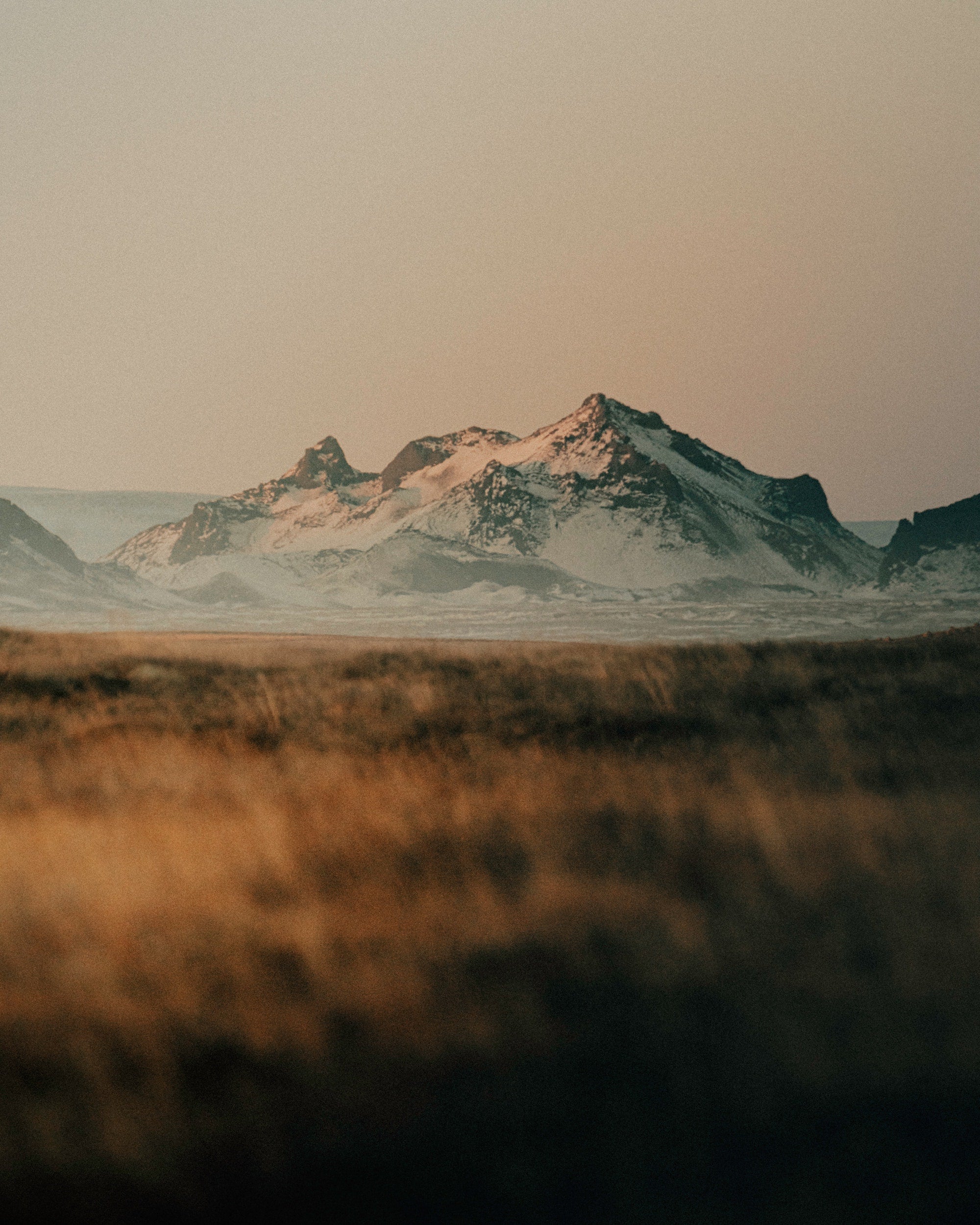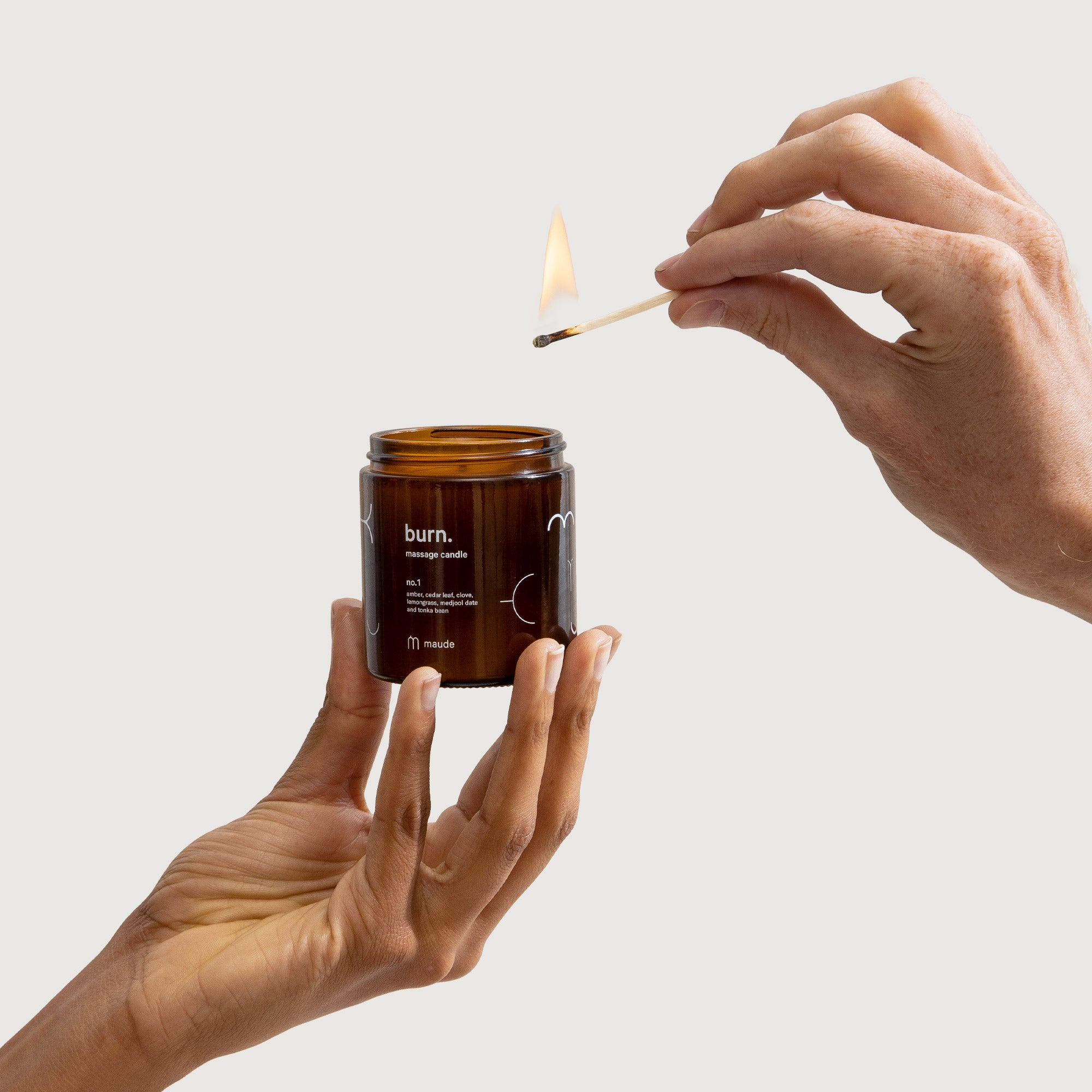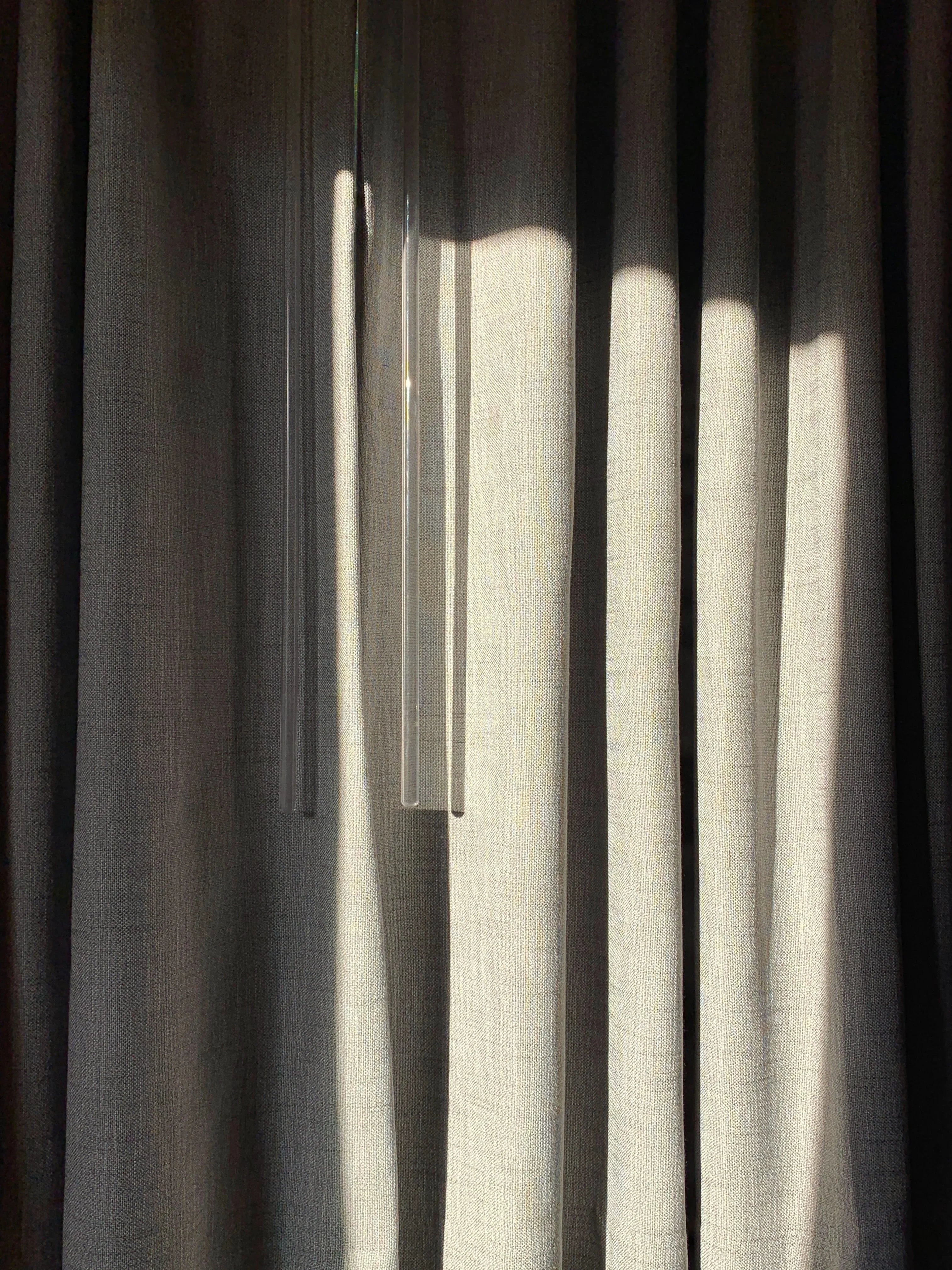Why Are Sex Drives Lower In The Winter?

Baby, it’s cold outside.
Evolutionarily, it makes sense that we'd be less likely to take our clothes off when the weather drops below freezing. But beyond matters of warmth-related self-preservation, it would seem that the winter season impacts libido in the larger sense, too. Sure, “cuffing season” is in full swing––but that’s certainly no indicator that sex drives are at an all-time high. So, if our sudden, recent plunge into the hellish depths of winter has turned you, well, off, you’re not alone.
For starters, the winter’s lack of sunlight––and thus vitamin D –– can take a toll on our bodies in more ways than one. Seasonal Affective Disorder (S.A.D.), a mood disorder that links bouts of depression to the winter months, shows up in mild, documented forms in over 10% of the population––which is, a large number of people. So, for folks bolstering negative emotional and psychological fallouts that come tied in with the emergence of winter, it’s common for libido to lower along with serotonin levels. And even more directly, some studies have linked vitamin D deficiency to erectile dysfunction. So, yeah––the dwindling sunshine makes a difference.
And on that note, an obvious side effect of cold weather is an increase in...layers. Both men and women are showing less skin. A number of the faculties of one another’s bodies that we are trained, biologically, to find attractive, are no longer visible in the wintertime due to the sheathing of protective down layers required in order to, say, walk around the block without freezing to death.
And, speaking of walking, cold weather causes natural fatigue. When it’s chilly, our bodies are working harder than ever to keep us warm. And that can make simple tasks like a trip to the grocery store exhausting––which isn’t exactly a prime preamble to wild, raucous sex.
Moreover, testosterone––the hormone most closely linked to libido––tends to be at its peak in the fall and its lowest point in the summer. So, in winter, those levels are falling from their autumnal nexus, which can feel like an overwhelming, notable shift for folks who don’t typically struggle at all with sex drive. Estrogen levels, however, tend to be at their lowest in the winter time, which can make it uniquely hard for women to orgasm at this time––though anyone on hormonal birth control of any kind is not likely to experience a particular change in estrogen levels.
On the contrary though, there are those who feel an increase in libido in the winter. Statistically, more babies are conceived on December 11th than any other day of the year. This may have something to do with the fact that sperm production ramps up in colder weather (which helps with the whole fertility thing), but either way, let it be known that people still bone in December. Like, a lot.
And, while more layers means less sexual stimuli, there are also studies suggesting that the lack of visible skin actually can make other bodies more enticing –– the whole “want what ya can’t have” bit. Plus, prolonged indoor time can lead to boredom...and boredom can lead to exploration.
Long story long, there is no winter rule of thumb. You need not expect a vertical drop in libido come December. But if you do experience a dwindling sex drive as the winter months proceed, know that this is extremely normal. The winter sucks. Objectively. And soon enough, it will get warm again. But for now, be patient with yourself.





